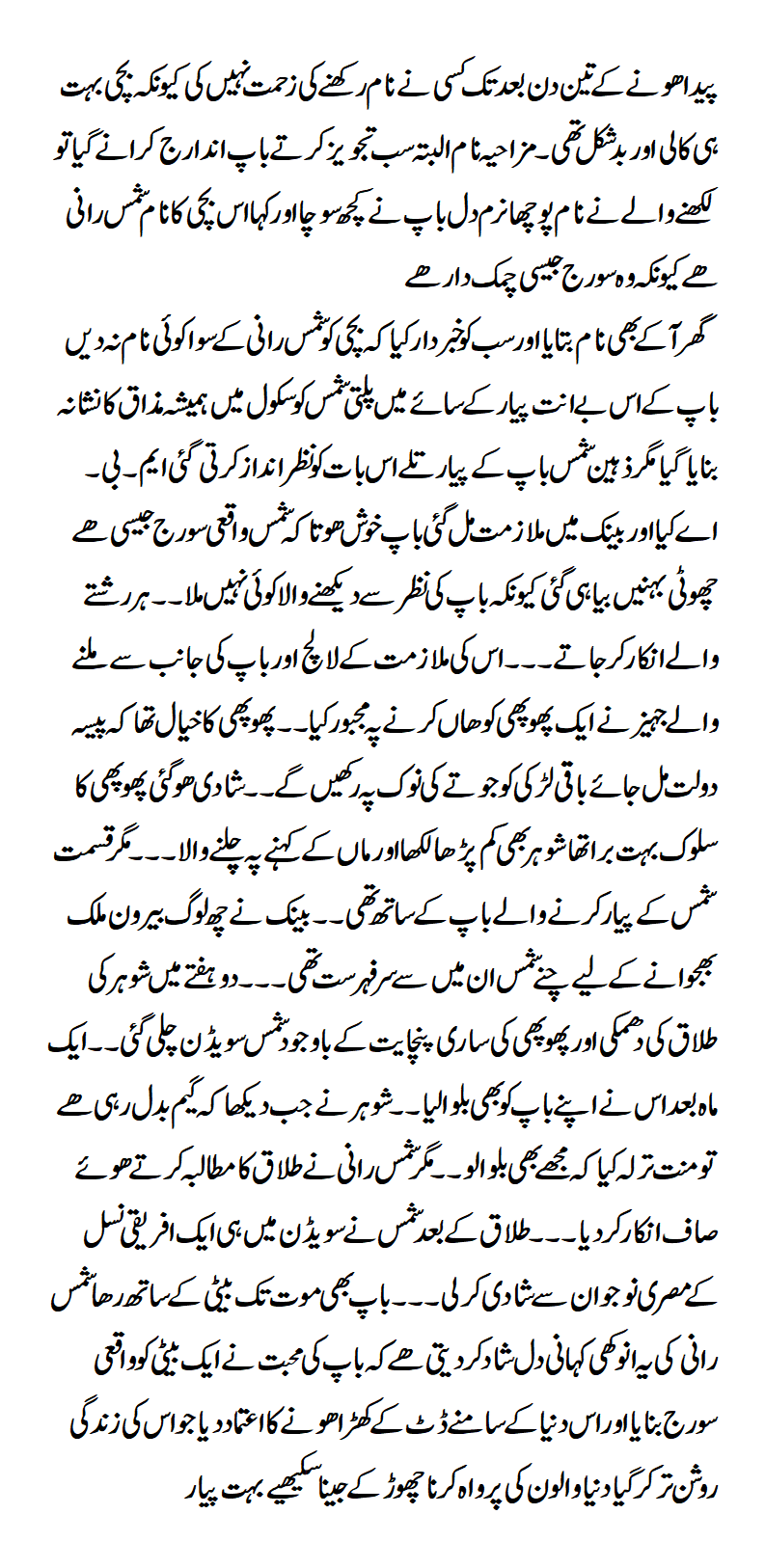Mathilde Loisel is “pretty and charming” but feels she has been born into a family of unfavorable economic status. She was married off to a lowly clerk in the Ministry of Education, who can afford to provide her only with a modest though not uncomfortable lifestyle. Mathilde feels the burden of her poverty intensely. She regrets her lot in life and spends endless hours imagining a more extravagant existence. While her husband expresses his pleasure at the small, modest supper she has prepared for him,
she dreams of an elaborate feast served on fancy china and eaten in the company of wealthy friends. She possesses no fancy jewels or clothing, yet these are the only things she lives for. Without them, she feels she is not desirable. She has one wealthy friend, Madame Forestier, but refuses to visit her because of the heartbreak it brings her.
One night, her husband returns home proudly bearing an invitation to a formal party hosted by the Ministry of Education. He hopes that Mathilde will be thrilled with the chance to attend an event of this sort, but she is instantly angry and begins to cry.
Through her tears, she tells him that she has nothing to wear and he ought to give the invitation to one of his friends whose wife can afford better clothing. Her husband is upset by her reaction and asks how much a suitable dress would cost. She thinks about it carefully and tells him that 400 francs would be enough. Her husband quietly balks at the sum but agrees that she may have the money.

As the day of the party approaches, Mathilde starts to behave oddly. She confesses that the reason for her behavior is her lack of jewels. Monsieur Loisel suggests that she wear flowers, but she refuses. He implores her to visit Madame Forestier and borrow something from her. Madame Forestier agrees to lend Mathilde her jewels, and Mathilde selects a diamond necklace. She is overcome with gratitude at Madame Forestier’s generosity.